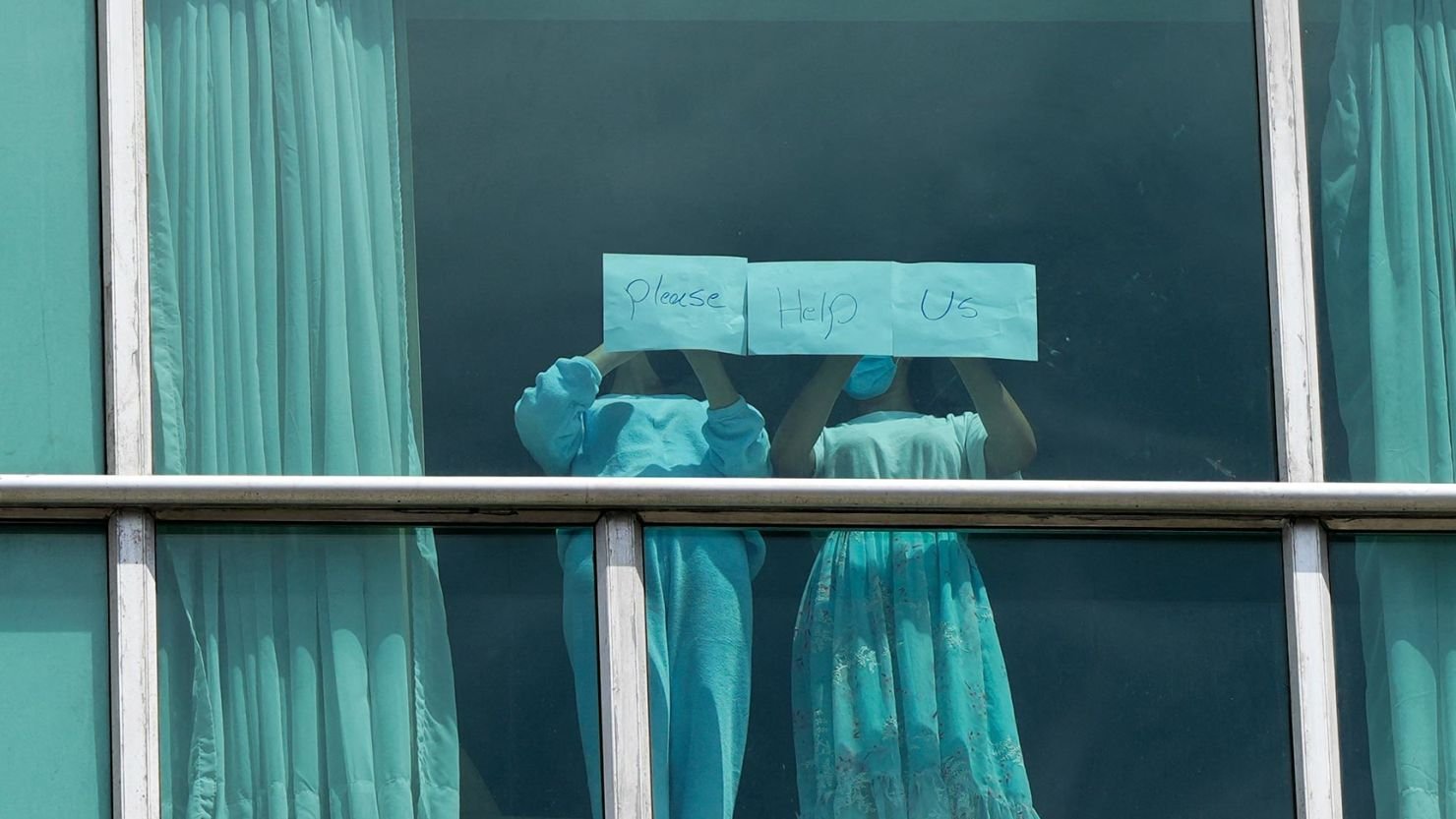
Introduction
In a concerning development reported by advocacy groups, migrants deported from the United States have found themselves detained in precarious conditions in Panama. According to legal representatives, these individuals were initially held in a locked hotel before being transferred to a remote camp, raising serious human rights and safety issues.
Detainment Conditions and Legal Concerns
The Initial Detainment in Panama
Upon their deportation, several migrants were confined in a hotel with restricted freedom of movement, under constant surveillance. This phase of detainment highlights a troubling lack of transparency in the treatment of deported individuals. Legal experts argue that these conditions may violate international human rights laws, which advocate for the dignity and freedom of every individual.
Transfer to Remote Camp
Subsequently, the migrants were moved to a more isolated facility, described by insiders as a “remote camp.” This relocation has made it difficult for legal aid and humanitarian organizations to reach and assist them. Reports from the ground suggest overcrowded living conditions, inadequate access to healthcare, and limited communication with the outside world.
Latest Updates and Responses
Government and NGO Involvement
Panamanian authorities have yet to release an official statement regarding the situation. However, international human rights organizations, along with local NGOs, have started to intervene, demanding transparency and an immediate improvement in the living conditions of the migrants.
Legal Action by Advocates
Legal teams are currently preparing to challenge the legality of the migrants’ treatment. They argue that the actions taken against these individuals could constitute illegal detention and mistreatment, urging international bodies to investigate.
FAQ: Addressing Key Concerns
What rights do deported migrants have in Panama? Deported migrants are entitled to basic human rights under international law, including the right to humane treatment and access to legal representation.
How can the situation for these migrants be improved? Improving conditions requires governmental transparency, adherence to international human rights standards, and active involvement from both local and international advocacy groups.
Who can migrants and their families contact for help? Migrants and their families can seek assistance from local NGOs, international human rights organizations, and their home country’s embassy or consulate.
Engage and Discuss
As this situation unfolds, it’s crucial for the international community to stay informed and proactive. Your voice matters—share this article to spread awareness, and join the conversation on how we can help advocate for the rights and safety of migrants everywhere.
Call to Action: Comment below, share your thoughts, or reach out to human rights organizations to learn more about how you can contribute to the cause.




